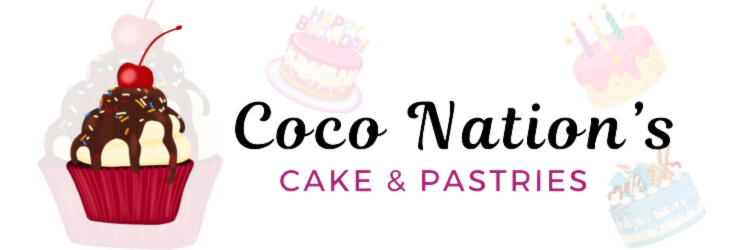Currently Empty: ₹0.00
Heres How to Hydrate Your Body After Drinking Alcohol
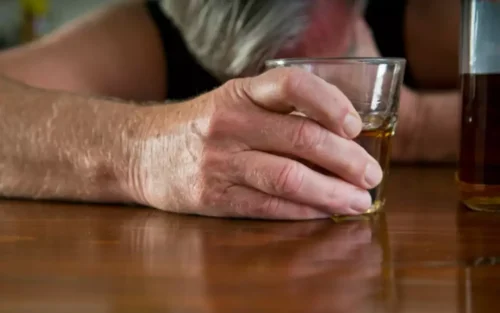
While it’s well known that drinking too much alcohol can lead to a hangover, even moderate alcohol consumption can lead to dehydration and electrolyte imbalance. Not all fluids are hydrating, and drinking sugary drinks, sodas, alcohol, and caffeinated beverages can impact the body’s fluid balance and cause dehydration. In severe cases of dehydration, drinking water alone may be insufficient. If you are dehydrated to the point that you are experiencing symptoms like weakness or loss of consciousness, you may need intravenous (IV) fluids administered in a healthcare setting. Alcohol works as a diuretic in your body, increasing urine output.
Alcohol Treatment at South Coast Behavioral Health
- Dehydration certainly contributes to hangovers but it’s just a piece of the puzzle.
- Coconuts are a rich source of electrolytes, making coconut water an excellent beverage to promote hydration.
- It impairs your kidneys’ ability to filter blood and makes them work harder.
- There’s less air pressure, so alcohol enters your bloodstream even more rapidly.
When we get dehydrated, our body is unable to regulate these important functions, putting us at risk of various health complications. Alcohol is a diuretic because it suppresses the release of vasopressin, also known as antidiuretic hormone. When vasopressin is suppressed, you lose fluids by peeing more, which leads to dehydration. These products contain electrolytes, potassium, sodium, and chloride – all of which your body loses with higher urine output.

Which Alcohol is Most Dehydrating?

Indulging in Drug rehabilitation alcohol doesn’t mean you’re fated to alcohol dehydration symptoms the next morning such as dry mouth, throbbing headache, fatigue, brain fog, and nausea. Liquor and wine also have a higher amount of alcohol by volume (ABV) than beer, contributing to a potentially greater risk of dehydration from these beverages. Alcohol is a diuretic, meaning that your urine output increases. For every standard drink you consume (10 mL of alcohol), you are likely to urinate 100 mL more than you drink.
Factors that Increase Alcohol-Related Dehydration
Sodium is an electrolyte mineral found in many foods, and most people obtain adequate amounts from table salt. Below are examples of functional changes you might notice at different levels of intoxication. Information on this site is provided for informational purposes only. It is not meant to substitute for medical advice from your physician or other medical professional. You should not use the information contained herein for diagnosing or treating a health problem or disease, or prescribing any medication. If you have or suspect that you have a medical problem, promptly contact your regular health care provider.
People who are already at risk of dehydration should avoid or limit their alcohol consumption. Although alcohol has no health benefits, many people enjoy drinking beer, wine, or other alcoholic beverages, and there are several ways you can minimize or avoid alcohol dehydration. Dehydration can happen for many reasons, including alcohol consumption. Alcohol can cause increased urination, increased heart rate or body heat, vomiting, and other issues that can increase dehydration.
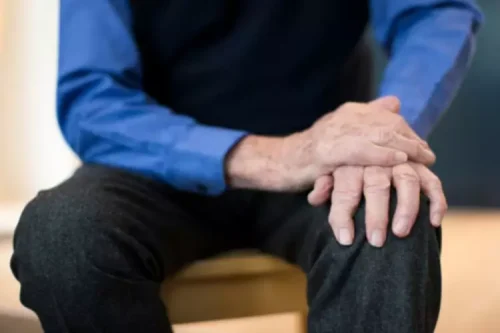
While caffeine increases urination, sugar changes the osmotic pressure within the gastrointestinal tract, which draws water into the intestines and contributes to water loss. Having a few drinks can be fun, but feeling dehydrated or hungover is not. It’s up to you to decide if the pleasures of alcohol are worth the potential next-day effects. Your body’s metabolism can turn some components of https://ecosoberhouse.com/ alcohol into nutrients and energy. This happens at a rate of about one beer, a small glass of wine, or one shot of liquor per hour.
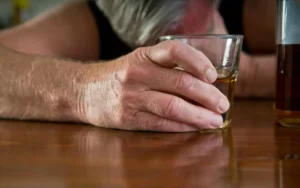
- Most sodas contain caffeine and have a high sugar content, both of which have dehydrating effects.
- Unless you’re a fan of dry mouth, nausea and hangover headaches, you’ll likely do anything to avoid alcohol dehydration symptoms..
- So, when drinking liquors like whiskey and brandy, it’s especially important to consider how many drinks you’ve consumed versus glasses of water.
- Since the alcohol content reaches your bloodstream faster, you might find yourself bringing up politics with Aunt Janet just two drinks in.
- Vasopressin sends signals from your brain to your kidneys to dictate how much fluid is removed from your body as urine.
- There are also less common causes of dehydration to keep an eye out for — like stress, certain medications, aging, high altitudes, and having skin burns, including sunburns.
There are a few symptoms you may not automatically connect to dehydration. The Reframe app equips you with the knowledge and skills you need to not only survive drinking less, but to thrive while you navigate the journey. Our daily research-backed readings teach you the neuroscience of alcohol, and our in-app Toolkit provides the resources and activities you need to navigate each challenge. Alcohol suppresses the hormone vasopressin, which governs how much you urinate. These foods also have the bonus of being easy on the digestive system if yours is upset from drinking too much alcohol. Dehydration certainly contributes to hangovers but it’s just a piece of the puzzle.
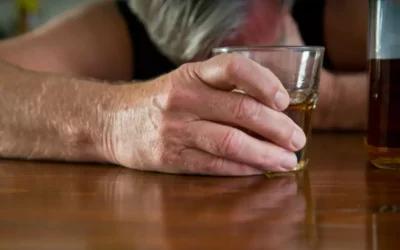
A high-potassium electrolyte powder containing at least 1,000 milligrams of potassium can help counteract fluid loss caused by alcohol and reduce the risk of having a hangover. The Centers for Disease Control and Prevention (CDC) recommends that men don’t exceed two alcoholic drinks in a day and that women limit alcoholic beverages to one drink or less. Soda is typically high in sugar and caffeine, which have diuretic properties and negatively impact the body’s ability to regulate fluid balance. The best drink to avoid dehydration is electrolyte-enriched water. Electrolytes play a crucial role in facilitating fluid absorption into the body, and electrolyte does vodka dehydrate you imbalance can cause dehydration despite drinking plenty of fluids.
